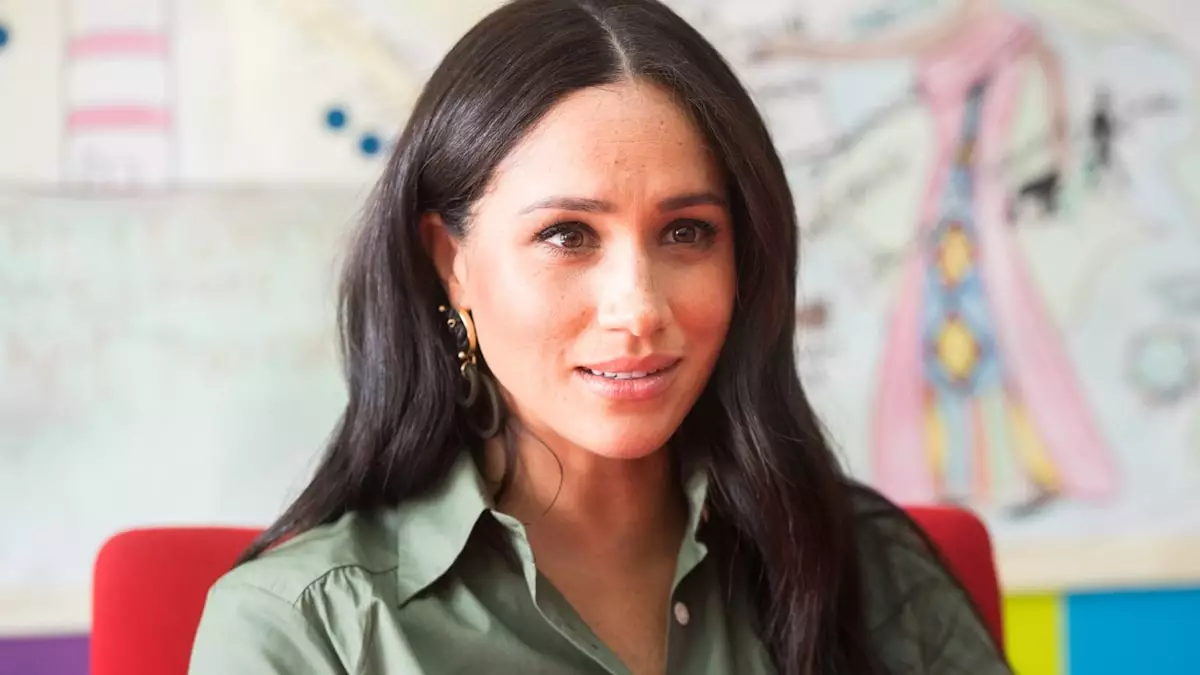Baby Loss Awareness Week 2024, running from October 9 to 15, serves as a powerful reminder of a deeply personal and often shrouded topic: the loss of a child. During this week, various voices, including those of prominent public figures, contribute to raising awareness and providing comfort to those who have experienced similar tragedies. Particularly notable is the willingness of members of the British royal family to candidly share their experiences with miscarriage and pregnancy loss. This bold openness challenges the societal taboos surrounding these losses, offering solace to grieving families and encouraging them to seek support.
One of the most poignant contributions came from Meghan Markle, the Duchess of Sussex, who shared her story in a heartfelt letter to the New York Times titled “The Losses We Share.” In this candid narrative, Meghan recounts the harrowing moment she realized she was losing her second child with Prince Harry. The imagery she evokes—cradling her firstborn son, Archie, while the world around her grayed—paints a vivid scene of a mother’s anguish. She eloquently articulates the universal pain of losing a child, emphasizing that this unbearable grief is often left unspoken. Meghan’s testimony not only humanizes her royal persona but also resonates with countless individuals who have faced similar heartaches.
Her message highlights a crucial point: speaking about miscarriage is not merely about sharing pain; it is about fostering understanding and solidarity among those who must confront such loss in silence. The arrival of her daughter, Lilibet Diana, in June 2021, offers a glimmer of hope, suggesting that while grief alters our lives irrevocably, joy can still intersect with sorrow.
Zara Tindall, the eldest granddaughter of Queen Elizabeth II, also made headlines when she opened up about her own miscarriage. Just a month after publicly announcing her second pregnancy in November 2016, Zara and her husband Mike faced excruciating loss. Her public acknowledgment of the miscarriage showcased the intimate reality behind the royal facade. Zara described the aftermath of her loss as “too raw” for discussion, illustrating how deeply personal the grieving process can be. She reflected on the burden of public knowledge regarding such a private trauma, underscoring the isolation many feel in their grief, even surrounded by family and media scrutiny.
As Zara shared in a later interview, the support from her family was crucial to her healing. This notion—of leaning on loved ones during the darkest moments—is essential for anyone navigating the rocky terrain of loss. Eventually, Zara found the strength to welcome new life, giving birth to her daughters, Lena and Lucas, further emphasizing the cyclical nature of grief and love.
Another significant voice in discussing baby loss is Sophie, the Duchess of Edinburgh. Reflecting on her ectopic pregnancy, Sophie and her husband, Prince Edward, opened up about a traumatic experience that many may not be aware of. The need for emergency medical intervention and Sophie’s subsequent health crisis illustrates another dimension of pregnancy loss that often remains overshadowed—the medical peril associated with such conditions. Prince Edward’s comments encapsulate the emotional turmoil parents face, bringing to light the physical and psychological challenges of handling such grief.
Their story further enriches the dialogue surrounding pregnancy loss, reminding us that these experiences extend beyond mere emotional anguish; they can have profound medical ramifications. Ultimately, Sophie and Edward’s family grew to include their children, Lady Louise and James, showcasing the resilience of hope even amidst sadness.
The testimonies from Meghan Markle, Zara Tindall, and Sophie, Duchess of Edinburgh, play a vital role in normalizing discussions around miscarriage and child loss. As society gradually shifts toward openness, the work done during Baby Loss Awareness Week becomes increasingly crucial. It offers a forum for individuals to share their stories and connect with others, breaking the cycle of silence that can enshroud such significant life events.
For anyone who has walked this painful path, the essential message is clear: sharing your truth can lighten the load of grief. Resources like tommys.org provide invaluable support for those navigating this complex journey. By fostering an environment of understanding and compassion, we can empower ourselves and those around us to face the heartache together, transforming individual sorrow into collective resilience.

